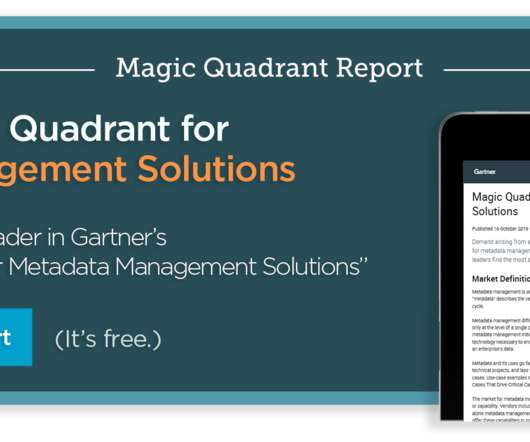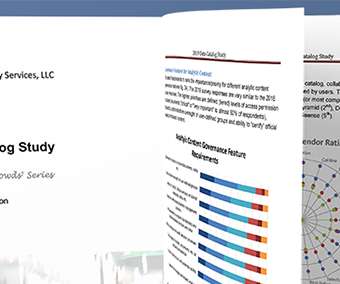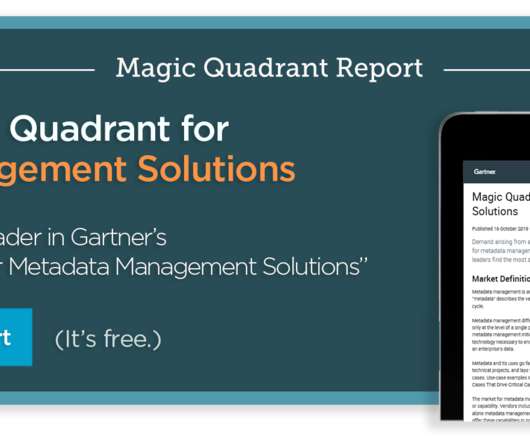Building Trust in Public Sector AI Starts with Trusting Your Data
Cloudera
DECEMBER 1, 2023
These government-led efforts have had a profound impact on the development and adoption of AI solutions in the public sector, paving the way for a future where data-driven decision-making and automation are the norm. Launched in 2019, this strategy aims to position the US as a leader in AI research, development, and deployment.
















Let's personalize your content